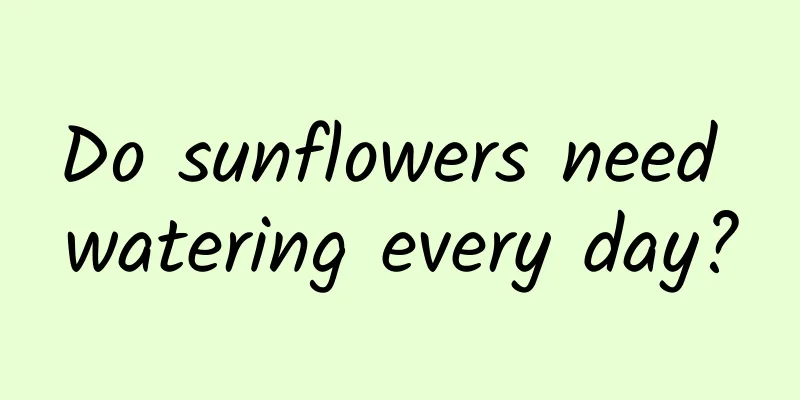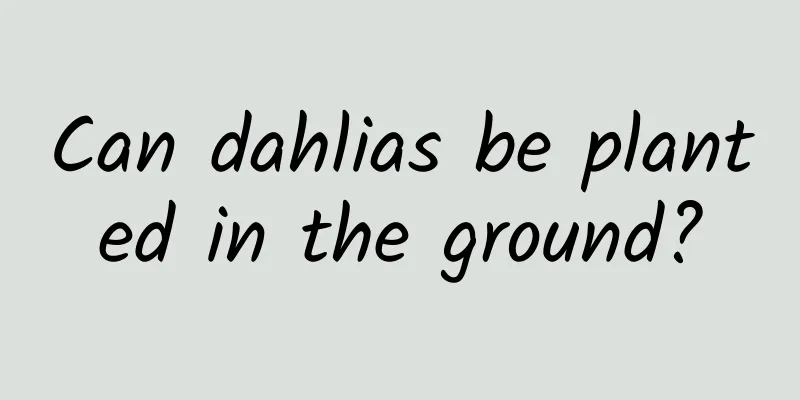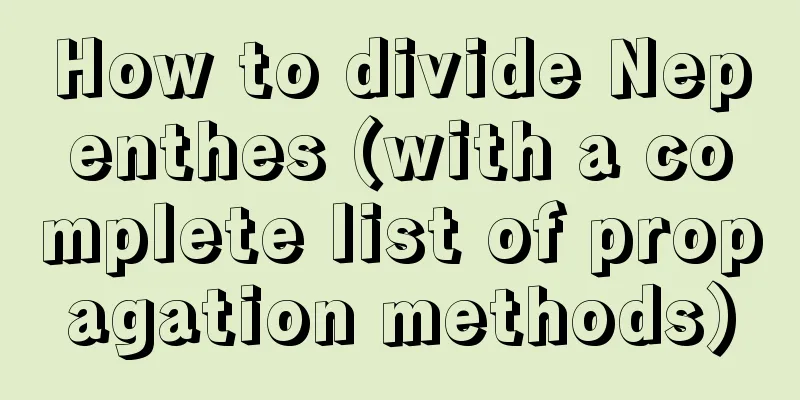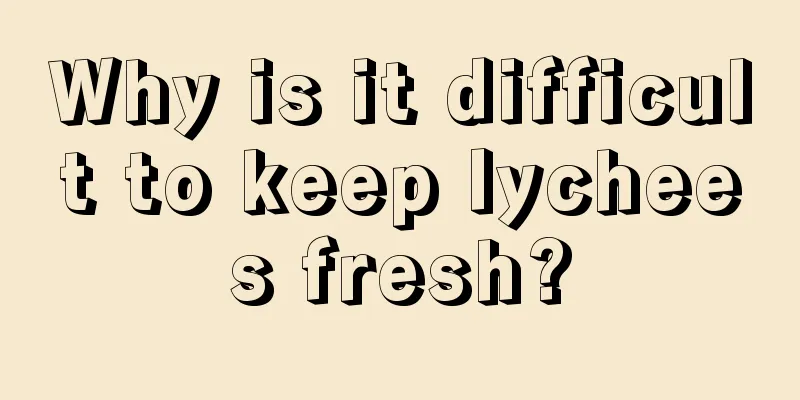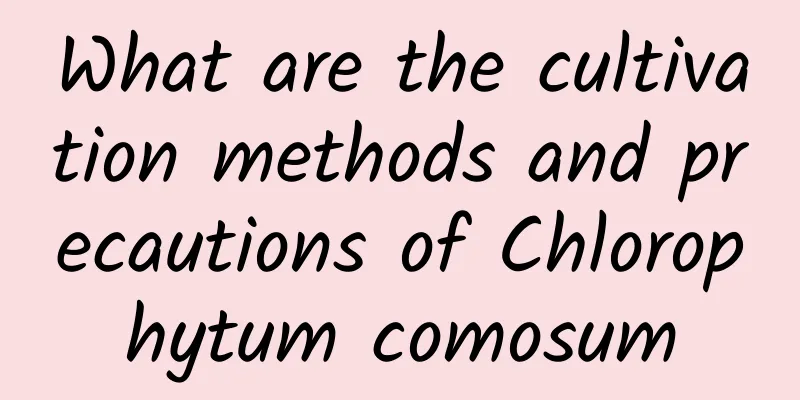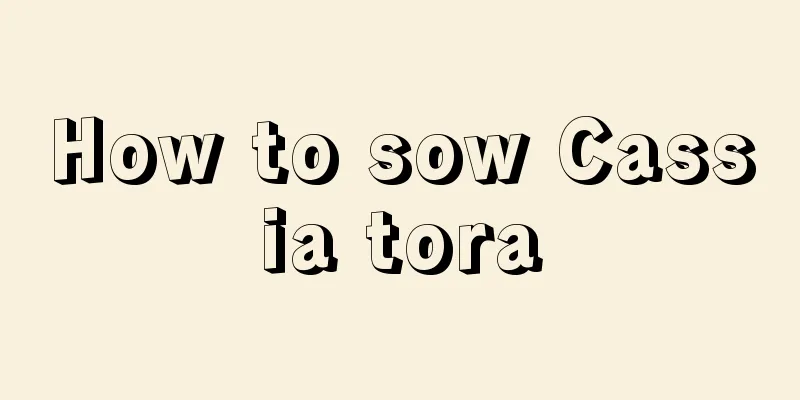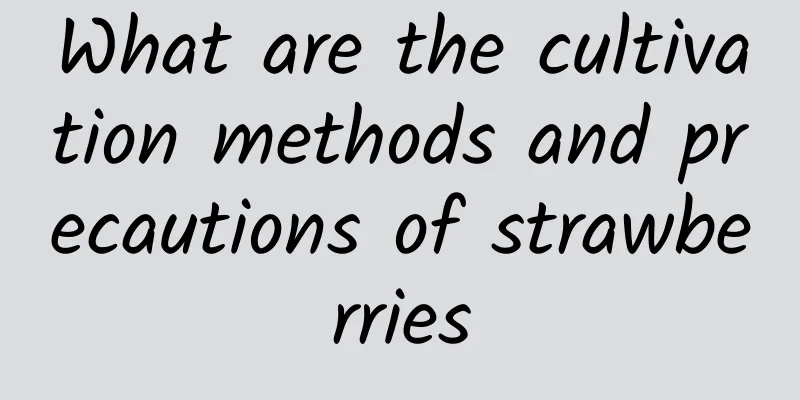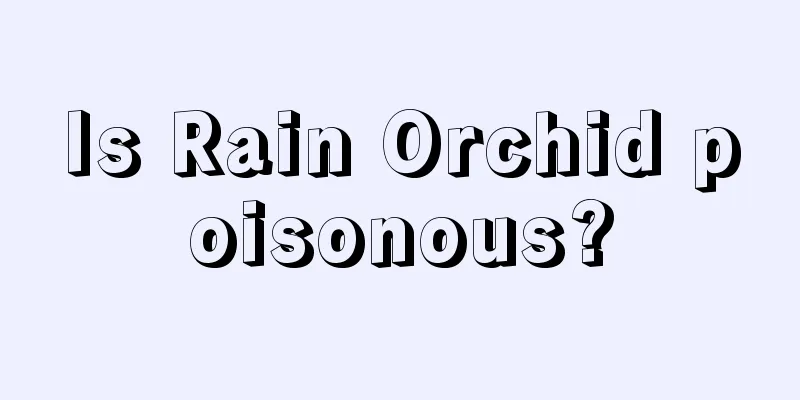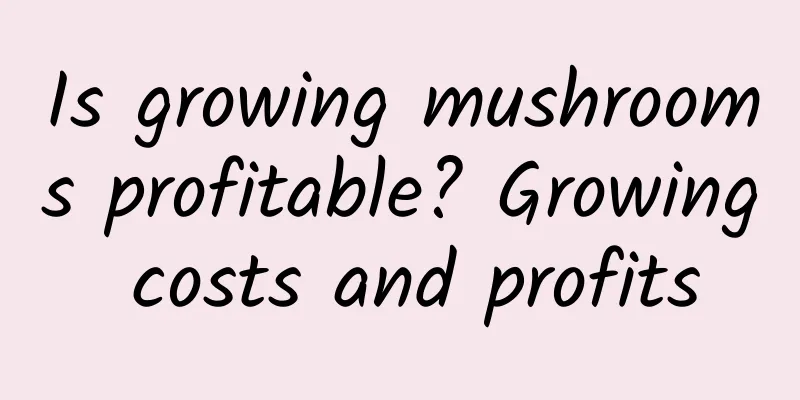What are the herbicides that do not damage the soil? Pictures and names of herbicides
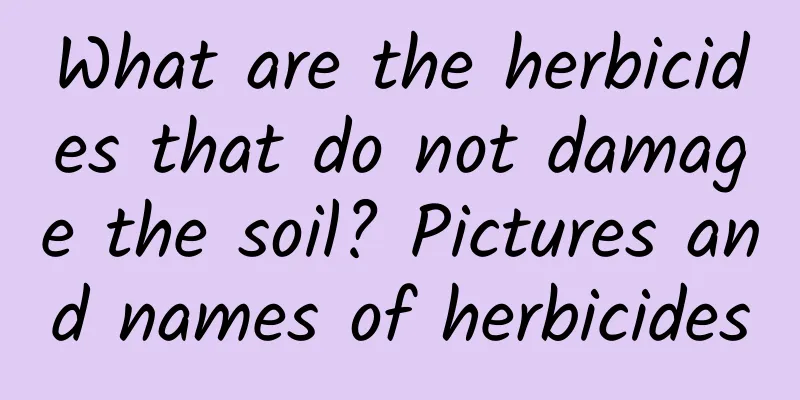
|
Relatively speaking, pre-emergence herbicides are more likely to remain in the soil after use, which can easily affect the growth of the next crop. After post-emergence herbicides are sprayed in the field, it is not easy to leave residual liquid, and basically no pesticide damage to the next crop. The herbicides that do not harm the soil include glyphosate, paraquat, cypermethrin, chlorpyrifos, etc. There are many types of herbicides, which can be divided into lethal and selective herbicides according to their properties. Generally, herbicides can be divided into systemic and contact herbicides according to their mode of action. According to the objects of application, they can be divided into soil treatment and stem and leaf treatment. According to the time of application, they can be divided into pre-sowing treatment , post-sowing pre-seedling soil treatment and post-seedling treatment . GlyphosateGlyphosate is a highly effective, low-toxic, broad-spectrum herbicide. Glyphosate is water-soluble and is extracted and dissolved during the soybean oil refining process. Glyphosate residues are basically undetectable in soybean oil. ParaquatParaquat, also known as Gramoxone, Gramoxone, Paraquat, and Balali, is a highly effective non-selective contact herbicide that can control various annual weeds. In addition, paraquat has a strong killing effect on perennial weeds, but their underground stems and roots can sprout new branches. Moreover, it has no effect on lignified brown stems and trunks, such as citrus trees and seedlings , which will not be damaged by paraquat. A sure killWenshade is also known as fluazifop-butyl, fluazifop-butyl EC, and Wenshade, etc. It is prepared by chlorination, esterification, and condensation of methylpyridine. The tare herbicide can control volunteer cereals and grass weeds in potato fields, including oats and foxtail grass. Moreover, it can generally be stored for three years at 25°C and can even be stored for six months at 37°C. DiquatSince paraquat was withdrawn from the market, diquat has become the first choice of herbicide to replace paraquat. In just a few years, diquat has become another herbicide with the largest usage after glyphosate and glufosinate ammonium. Diquat is a herbicide that kills weeds primarily by contact. It is basically non-systemic, has a wide weed control range, kills weeds quickly, leaves no residue in the soil, and is pollution-free. Generally, it takes effect 24 hours after spraying, and is the preferred herbicide for killing weeds quickly. Although it kills weeds quickly, it does not kill weeds completely and has a short duration of effectiveness. |
Recommend
Cuttings not taking root? Just throw it into the water like this and it will take root in 10 days!
Gardenia 1. Prepare a foam board, a cup, and bran...
The efficacy and function of asparagus
1. Efficacy and Function 1. Nourish kidney yin an...
Field management of wheat seedlings
During the seedling stage of wheat , its growth c...
Growing flowers all depends on one sentence, 100% guarantee of survival!
Pothos Maintenance Keywords: Watering In spring, ...
These two kinds of fruits are very popular. Keep one in a pot at home, and the branches will be full of "golden fruits" next year.
Girl fruit Many friends should know that the reas...
What to do if the leaves of Guanyin bamboo turn yellow
Improper moisture Generally speaking, the new lea...
How does Feilong spend the summer?
1. Improve ventilation Flying dragons like modera...
Why do the leaves of the green radish wilt after repotting? What should I do?
1. Proper watering The leaves of the green radish...
Cultivation methods and precautions of fairy cup
How to cultivate fairy cup illumination Fairy cup...
How to plant Ophiopogon japonicus to get high yield?
Ophiopogon japonicus, also known as Ophiopogon ja...
Why do geranium leaves turn yellow in summer?
Geranium's leaves turn yellow due to environm...
How to grow kiwi fruit
1. Choose potting soil When choosing a flowerpot,...
Tips for growing orchids indoors: how to make them bloom
1. Maintenance skills 1. Maintenance environment:...
How many kilograms of sweet potatoes can be produced per acre?
Sweet potato yield per mu Sweet potatoes are also...
Can cactus be exposed to the sun? Can it be exposed to the sun in summer?
Can cactus be exposed to the sun? Cactus needs su...
